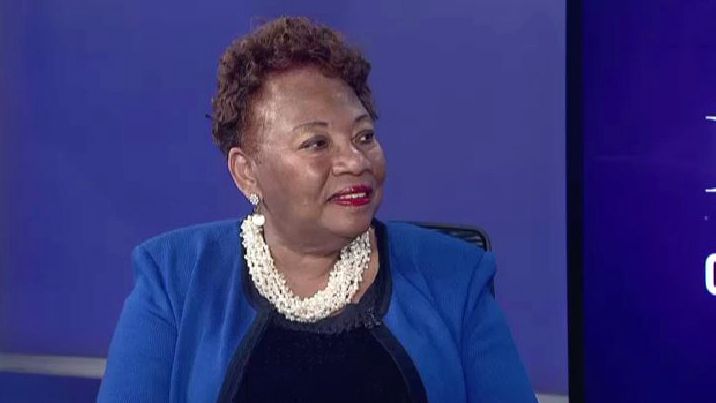TALLAHASSEE, Fla. — The Florida Supreme Court may soon release a decision that will determine the fate of two high-profile issues voters are poised to decide upon in 2024: adult use of marijuana and protections for abortion.
Opinions on the two issues were originally expected Thursday, but the court announced on X that it will release out-of-calendar opinions at 4 p.m. on Monday, April 1.
The High Court is required by the state constitution to publish opinions on ballot initiatives no later than April 1. However, justices typically publish opinions once a week and, on Thursdays, making March 28 the final Thursday before the deadline.
The Florida Supreme Court will release out-of-calendar opinions at 4 p.m. EDT on Monday, April 1, 2024. pic.twitter.com/Gg0SJOTKog
— FloridaSupremeCourt (@flcourts) March 28, 2024
Amendment 3, if court- and voter-approved, would allow adults 21 and older to possess, purchase and use recreational marijuana and marijuana accessories without legal penalty. Voters in 2016 approved medical marijuana in Florida.
“Our proposed amendment respects both personal liberty and community well-being,” wrote Smart and Safe Florida, which is sponsoring the amendment.
Amendment 4, if court- and voter-approved, would protect abortion access up to viability — roughly 24 weeks. Florida bans abortion beyond 15 weeks of pregnancy under current law. The state also approved a six-week abortion ban, although that limitation is pending a separate legal review by the Florida Supreme Court.
The amendment, sponsored by Floridians Protecting Freedom (FPF), carries the potential to undo the 15-week and six-week bans.
“FPF recognizes that all Floridians deserve the freedom to make personal medical decisions, free of government intrusion,” the organization says in the bio on its website.
The two amendments came into question after Attorney General Ashley Moody petitioned the court against placing the initiatives on election ballots in November. She asked the court to strike down the measures, claiming they are vague and misleading, among other claims.
“The ballot summary here is part of a ... design to lay ticking time bombs that will enable abortion proponents later to argue that the amendment has a much broader meaning than voters would ever have thought,” Moody wrote in a 50-page brief against the abortion initiative.
Ballot amendments require 891,523 verified signatures to make the ballot. To become law, they require at least 60% voter approval.
A UCF political analyst says there’s really only one main purpose for the court to review the amendments.
“They’re not supposed to be interjecting their own personal views into whether they agree with the proposed amendments or not, but only whether or not the average Floridian would find them understandable, not deceptive,” said UCF Associate Professor Aubrey Jewett.









